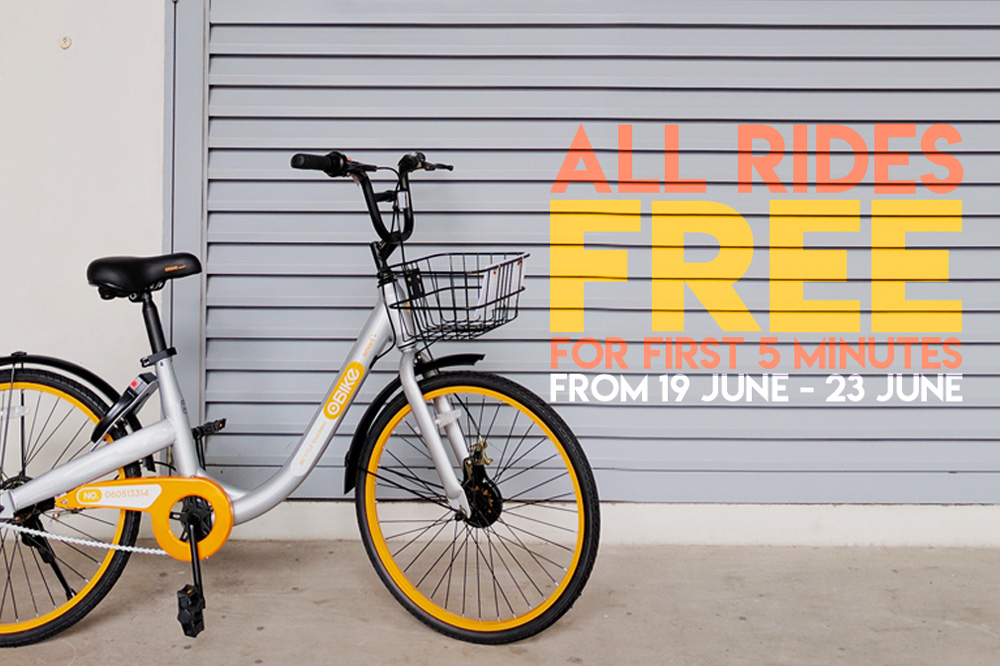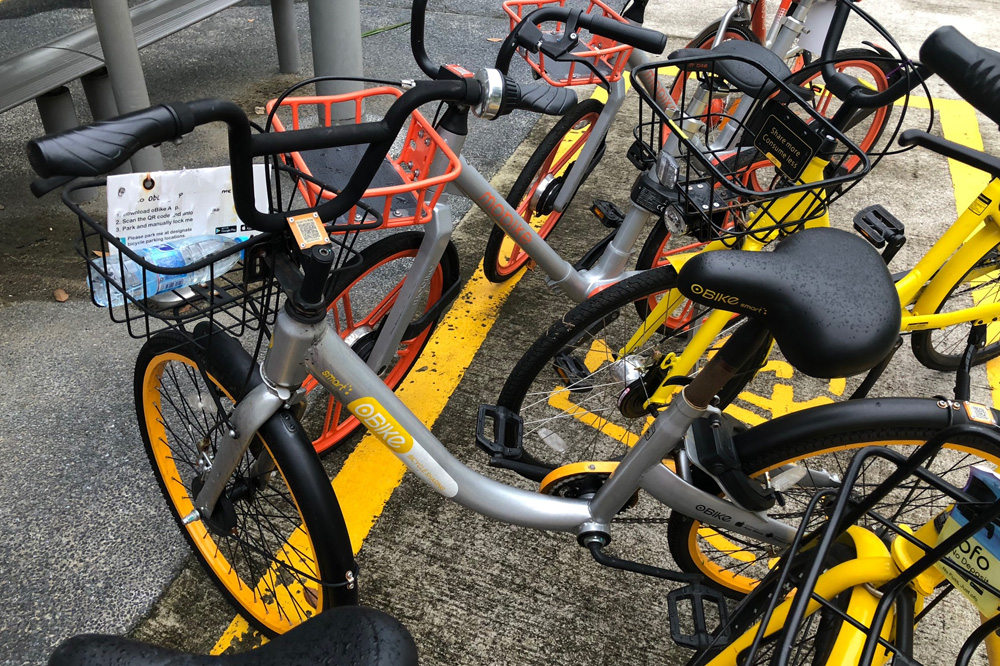The recent news of oBike’s closure is a cautionary tale for start-ups and companies. I must say I did not think that oBike’s end would come so swiftly, otherwise I would have withdrawn my deposit with the firm in time.
So, what does the oBike closure in Singapore mean? Here are five lessons we can draw from firm’s departure:
1 – Business must chart a path to profitability
The first lesson here is that any business must have a sustainable business model. Lately, there have been a number of money-losing ideas that have been jazzed up under the buzzwords of “sharing economy” and “new business models”.
Sceptics of these companies are branded as people who do not understand new technologies and are on the backfoot to embracing the future.
Not wanting to miss out on potential wins, venture capitalists have been seemingly over-eager in funding many business ideas that do not have sustainable business plans past five years.
But, with or without easy money from VCs, aspiring entrepreneurs would do well to chart out a path to profitability. To me, it was not clear that oBike had done this — to work out how and when it would become profitable.
In times of euphoria, poorly conceived ideas may get funded and survive for some time, but they will meet their fate sooner or later. It is in the interests of entrepreneurial companies to think deeply about the “when” and “how” of profitability.
2 – Really know your customers – Having their data doesn’t mean you have insights
The second lesson is the ability to really know who your customers are and what they want.
There is certainly value in collecting data about customer behavioural vis-à-vis purchasing patterns, as what Amazon does. However, to extract real insights that translates into actual value for the business in the form of greater revenue from general purpose data such as bike riding patterns is challenging.
Unlike Amazon’s data about customer purchases or browsing patterns, the collected data – information about renting a bike at point A (say, near my home) and returning it at point B (say, near a hawker centre or a supermarket) – has a very weak connection to customer purchases, or even intentions that could have helped oBike gain more business leads.
Even if some value can be extracted out of this information, it is likely to be minuscule and hardly sufficient to justify a business pricing below costs in its core operations (bike rental, in this case).
3 – Be aware of errant customers
A third lesson from this story, and an important one that young entrepreneurs may be missing out on, is about customer behaviour and its implications.
Some percentage of customers are likely to be errant, as in if they are not given incentives (either positive or negative) to use or park bikes appropriately, they will be abusive to the equipment.
The loss ratio because of these types of customers may be magnified by vandalism — a bike parked in a remote location is far more likely to be vandalised than a bike parked in a busy place like an MRT station.
The costs of collecting bikes parked all over the place will also go up, and some are bound to be missed because of obscure locations.
Thus there is an additive effect that needs to be accounted for, such as parking, vandalism and costs of collection, which can lead to an unexpectedly large negative impact on a business model. Any new business model needs to factor in these kinds of additive effects.
4 – Include costs of compliance before entering a market
The fourth lesson is the need to build capabilities within the start-up to mitigate regulatory changes in different countries they operate in.
The oBike management seems to suggest that Singapore government’s new regulations are too onerous. While the regulations are indeed stringent and impose a number of costs in the form of new requirements as well as potential fines, oBike should have seen it coming.
While the Singapore Government might want to encourage the usage of bikes because bike-riding is environmentally friendly and also eases pressure on public transport, encouraging bike usage cannot come at the expense of Singapore’s image of a clean and organised city, which has been cultivated over several decades.
Bikes parked at various places, some vandalised with parts missing, were an eyesore in an otherwise clean landscape. Even in other countries, bikes strewn around have invited regulations.
5 – Business founders should get basics right
And the final lesson is that founders and owners should get their basics right with their companies.
Disruptive technologies like artificial intelligence and analytics may have opened up new avenues for earning revenues and profits, it is unlikely that the old rule for business success of charging prices that will cover your costs will change. A price war for the sake of capturing market share might bleed you dry.
Any new company in the bike sharing space or otherwise, will do well to remember that.







